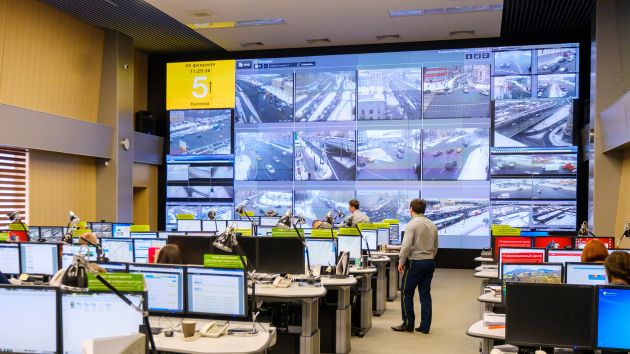
Bethany Keats
College
College of Science and Engineering
Publish Date
10 May 2019
Related Study Areas
Six real-world uses for maths
If you have ever sat in maths, enjoying what you’re learning but just not sure how you can use it after school – this is for you!
There are many great ways to channel a love of maths into a real-world scenario. Here’s a quick taste.
Image recognition
Image recognition relies on algorithms, which are all mathematics based. And while many people think of image recognition as those creepy times when Facebook recognises you in a photo, the technology isn’t limited to human faces.
For example, image recognition could be used to identify biosecurity threats such as fruit fly, which could then alert relevant authorities – or even trigger fly-killing robots to take a visit!
Security
An increasing amount of confidential information is making its way to the internet and as the Internet of Things continues to develop, more and more of this information will need to be kept secure. Cryptography has been around long before computers but modern cryptography is based on mathematics and is essential for keeping ahead in the digital security game.
Traffic management
Traffic flow in cities can be measured and tracked using algorithms which can be put to use to make the daily commute smoother.
Data from sensors and cameras could be used to automatically control traffic lights to alleviate bottlenecks and respond to road closures.
GIS mapping
Geographical Information Systems (GIS) allow us to visualise, analyse and interpret data. Mathematical skills in trigonometry, geometry and calculus are great starting points for application in GIS.
In the history of science, GIS could still be considered young technology (it’s widely considered to have started in the 1960s), and its scope for integration with IoT is huge.
Smart solar power
Solar panels on suburban houses can give a highly fluctuating power output due to cloud conditions. This can cause problems for the power grid as the power surges into the system as the sun comes out over a large town, and then collapse again as the cloud bank returns.
By using mathematics to allow the solar panels to “talk” to the grid, this surge will become predictable and thus improve the stability of the solar grid.



Art
Did you know that there is a close relationship between maths and art? A famous example of this is geometry’s Golden Ratio which features prominently in works of art, including works by Leonardo Da Vinci, Michelangelo and Botticelli.
Math can be used to create a piece of art with strategically pleasing aesthetics.
So, before you get frustrated by the constant numbers and unrealistic scenarios in your math homework (no one buys that many watermelons), remember that there is more to math than what you can see in your classroom.